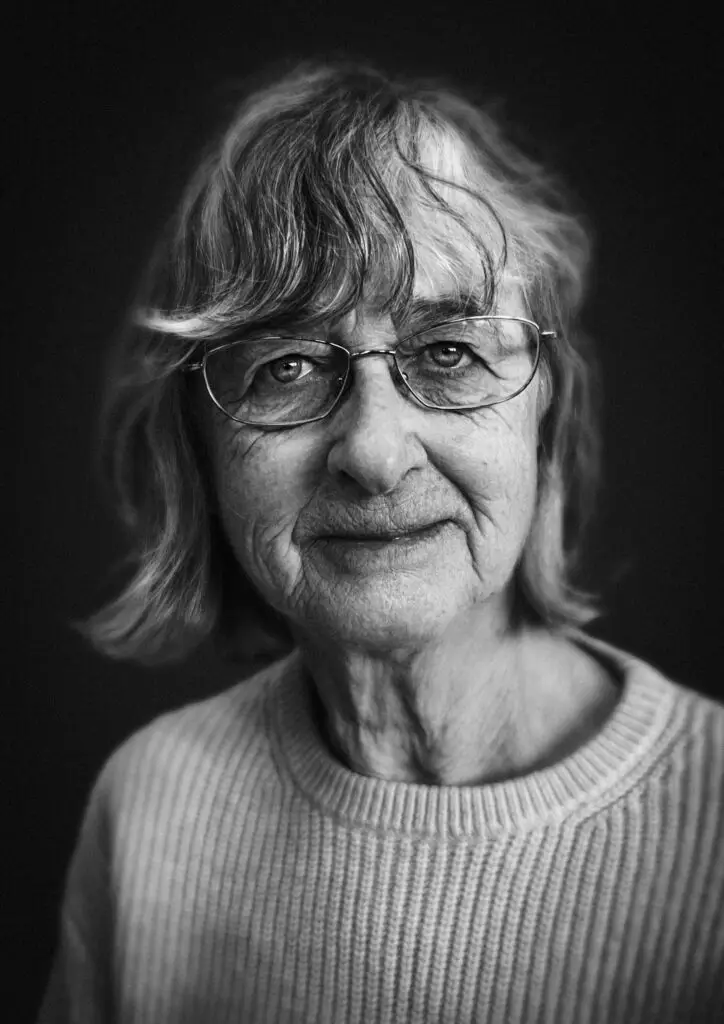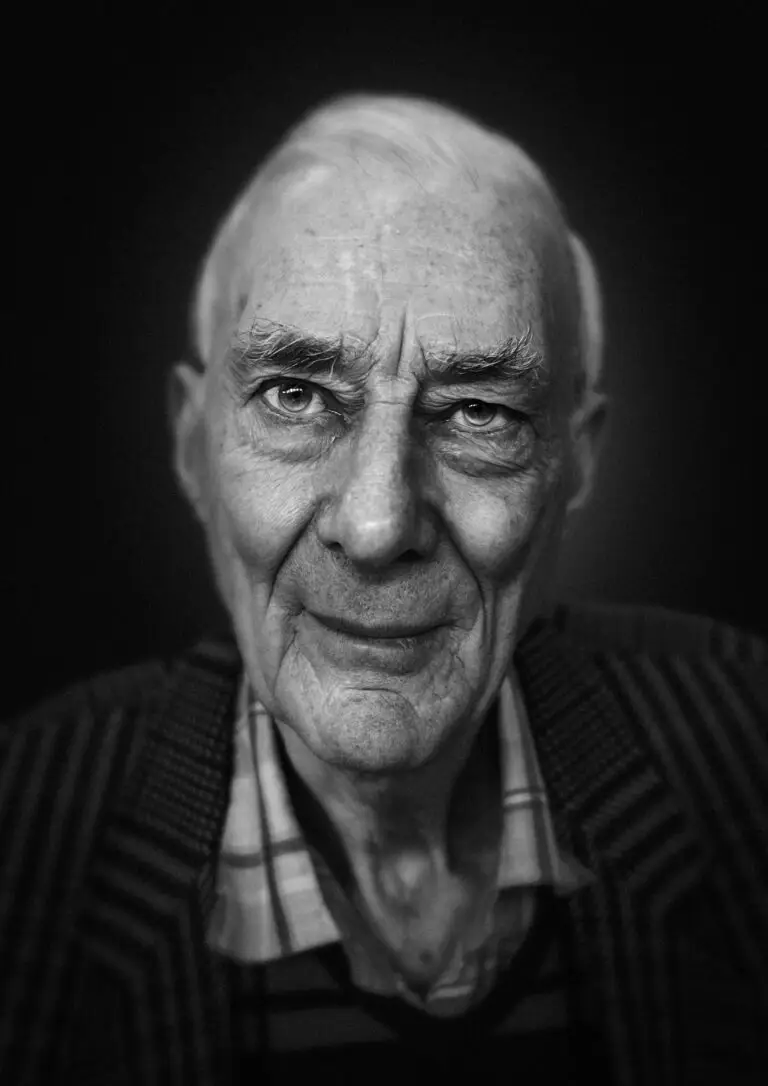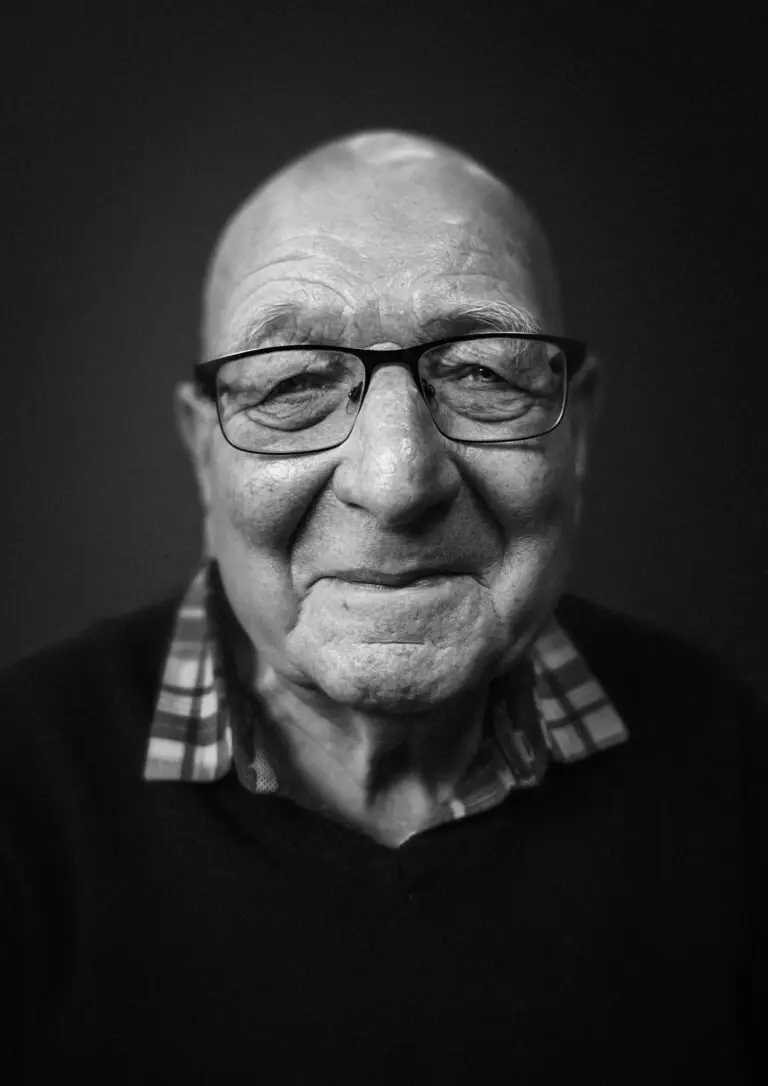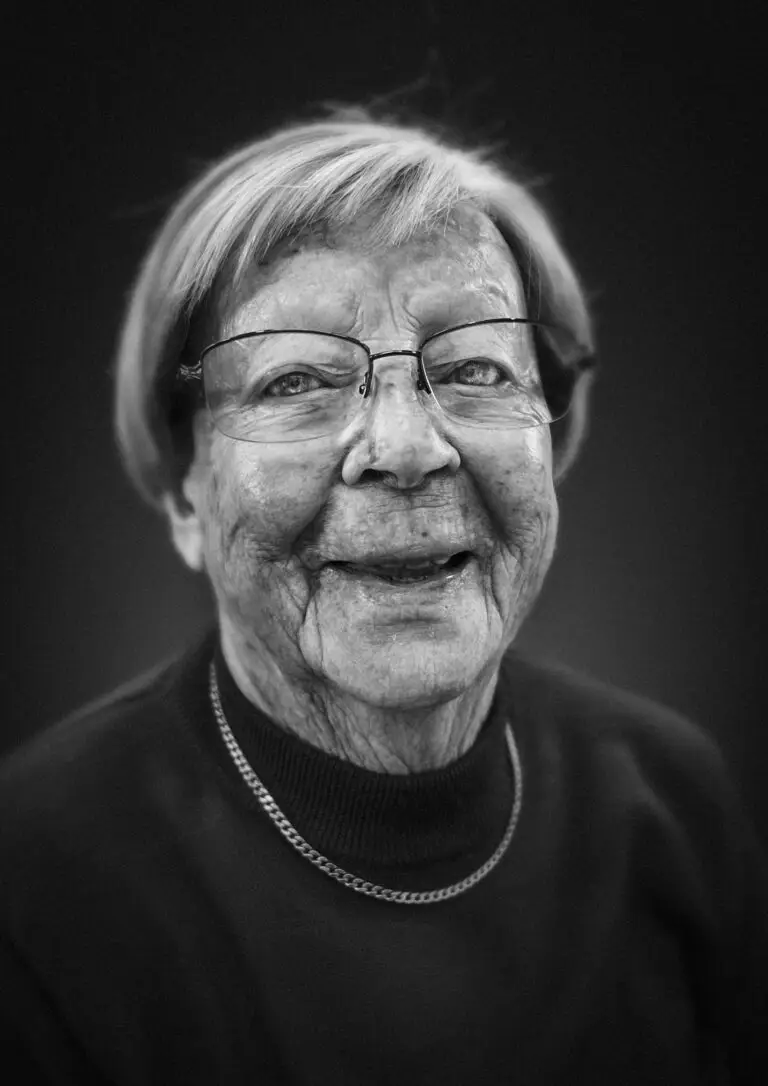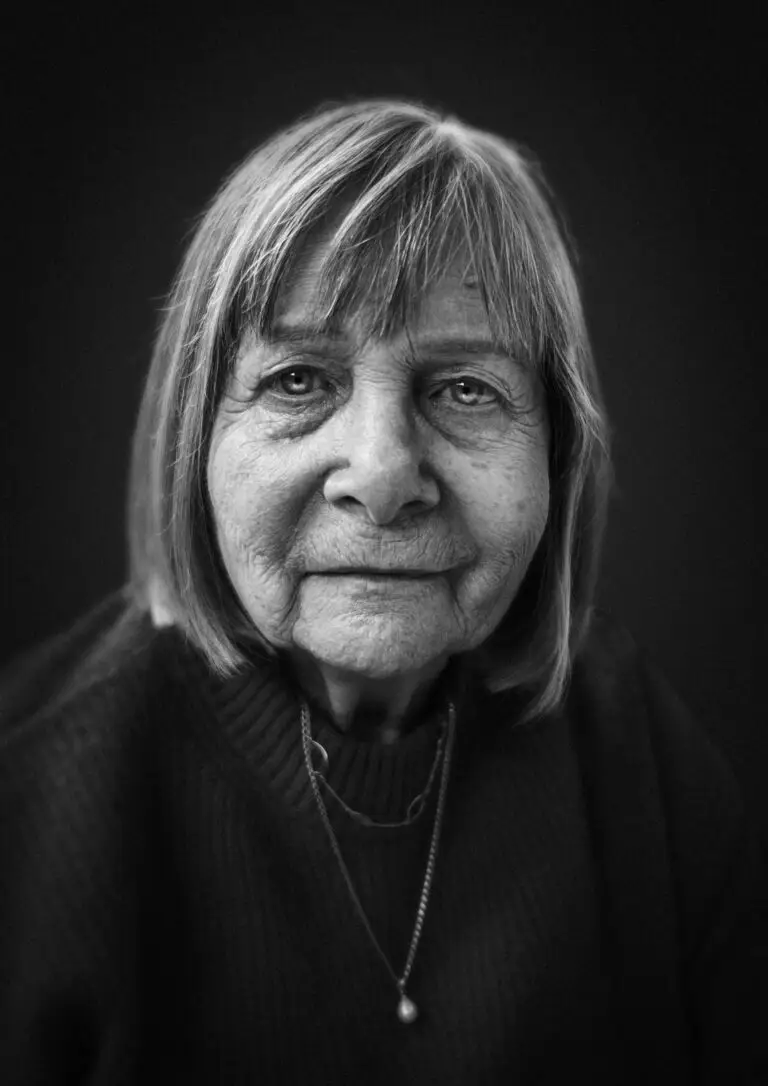John has always been my husband, my partner in life—the gentle, dependable man who built a quiet, steady world with me. Before dementia entered our lives, John was a peaceful soul. He was quiet but full of thought, a man who loved technology and used his skills to help others. In his retirement, he found joy in simple kindnesses: guiding people with computers at the local library, helping in schools, staying active in his own way while I was still teaching.
We shared so much in the ordinary moments: family gatherings, long walks, birdwatching together. It wasn’t grand adventures that made our life special—it was the gentle rhythm of days spent side by side, the easy companionship that only years of deep trust can bring.
Looking back, the first small cracks appeared about two years before John’s diagnosis. I remember a holiday, where he struggled to find his way back to our hotel room—a small thing, but out of character. At first, it was easy to brush off. We want so much to believe that the people we love are unchanging, unbreakable.
When lockdown came in 2020, and life slowed down, the signs grew clearer. Eventually, we sought a diagnosis—only after John himself sensed that something was wrong. I didn’t want to force it until he was ready. When the diagnosis came, it was almost a strange kind of relief. It gave a name to the slow, aching loss I had already begun to feel. His dementia came with Parkinson’s-like symptoms too—a tremor that over time became part of the fabric of our days.
At first, life continued almost normally. He could still be left alone, still drive, still be “John.” But, little by little, things changed. Tasks that once were effortless became confusing. Conversation faded until even simple instructions had to be repeated again and again, often without response.
Now, he barely speaks. He struggles to process words. Mornings are full of small confusions: misplaced glasses, clothing worn the wrong way round, silent stares when I ask him to put his shoes on. Some days, it feels like I am guiding a ghost of the man I married.
The hardest part isn’t the logistics or the endless tasks—it’s the quiet shift in what we are to each other. I am no longer John’s wife in the traditional sense. I am his carer now. When our 50th wedding anniversary approached, I asked our family not to celebrate. Though both of us are still here, the life we built together—the shared jokes, the whispered conversations, the easy knowing—has slipped away. Marking it would have felt like mourning, not celebration.
Family, especially our sons, have been affected more deeply than I ever anticipated. Every time they visit, they see how much further John has retreated. Each visit brings new grief.
Support from others helps, but it’s the real conversations, not polite WhatsApp messages, that make a difference. A few true friends and the kindness of our church community have made it possible for me to carve out small spaces for myself—like playing my oboe in the orchestra, something that brings me back to a sense of who I still am.
Coping is often about small victories. A quiet day without frustration. A reward of a piece of chocolate in bed after making it through. Sewing, crafting, caring for the house—all tiny ways to keep moving forward.
Among the sadness, though, there have been moments of profound beauty. In the earlier days of his illness, when speech was beginning to fade, I often found that while John could barely hold a conversation, if he prayed, the words would come out perfectly—coherent, heartfelt, flowing. It was as if the spiritual part of him was kept safe, untouched by the disease. Those moments were such a powerful reminder that though dementia alters the mind, some deeper parts of a person—their soul, their spirit—remain intact for much longer than we realize.
Looking to the future, my hope is simple: that John’s journey won’t be prolonged with unnecessary suffering. That he will continue to have some small sense of peace and contentment, for as long as possible. And beyond that, I hope society continues to deepen its understanding—not just awareness, but true empathy—for what dementia really is: a slow, invisible unravelling that affects whole families, not just individuals.
This journey has changed me more than I can say. If you’d asked me ten years ago, I would have told you this was my greatest fear. And yet here I am—coping, adapting, enduring. Finding strength I never thought I had.
If I could offer one piece of advice to others walking this path, it would be this: take it a week at a time. Don’t look too far ahead. Treasure the good moments, however small. And never assume that two journeys with dementia are the same. Each one is as unique, and as sacred, as the person living it.
